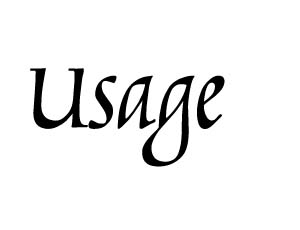"And according to both Kelly, the BSA, and recent news reports, the
money you spend [on pirated software] goes to support other, more
violent crimes."
Now let's consider a separate issue: Is it acceptable to use the
formulation "both A, B, and C"? Common sense would seem to answer
no.
After all, Webster's defines the adjective "both" as meaning "being
the two: affecting or involving the one and the other." And the
"Harper Dictionary of Contemporary Usage" states unequivocally (though
a tad inelegantly), "Properly used 'both' should be used only in
reference to two people or things."
But wait! Webster's adduces a very different definition for the
conjunction "both": "used as a function word to indicate and
stress
the inclusion of each of two or more things specified by coordinated
words, phrases, or clauses." In other words, Webster's argues that
"both" can serve as a number-nonspecific intensifier for a list
of
following objects. More on this in another.
